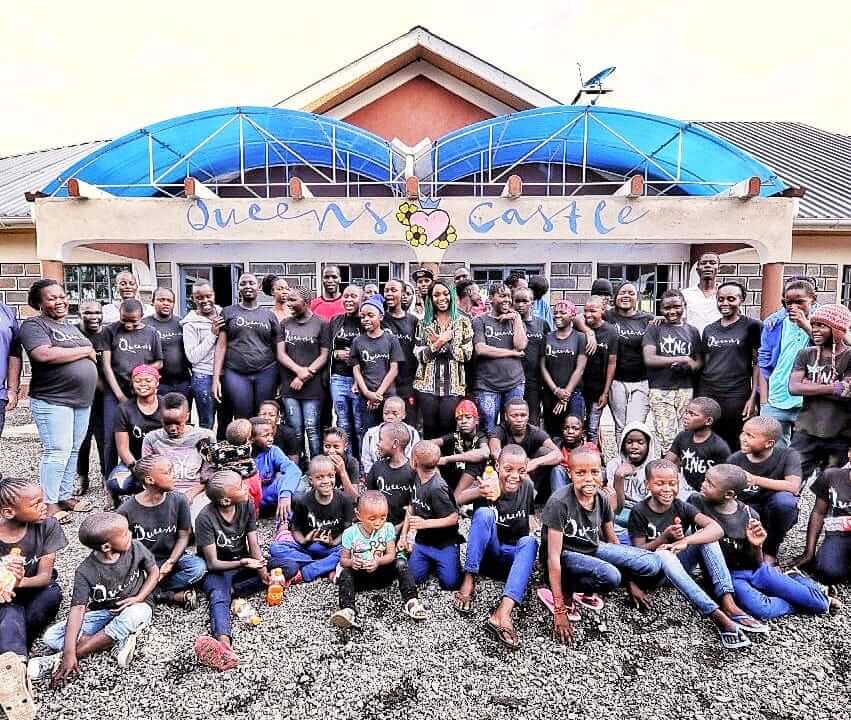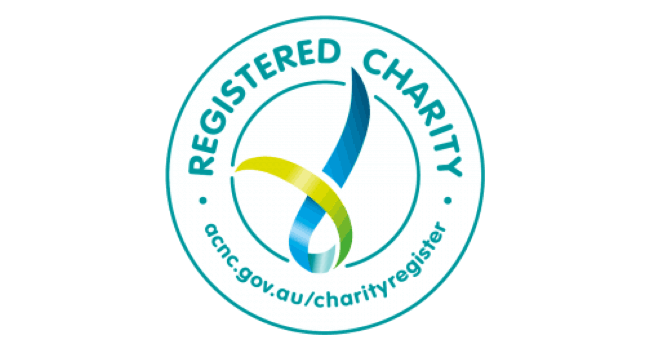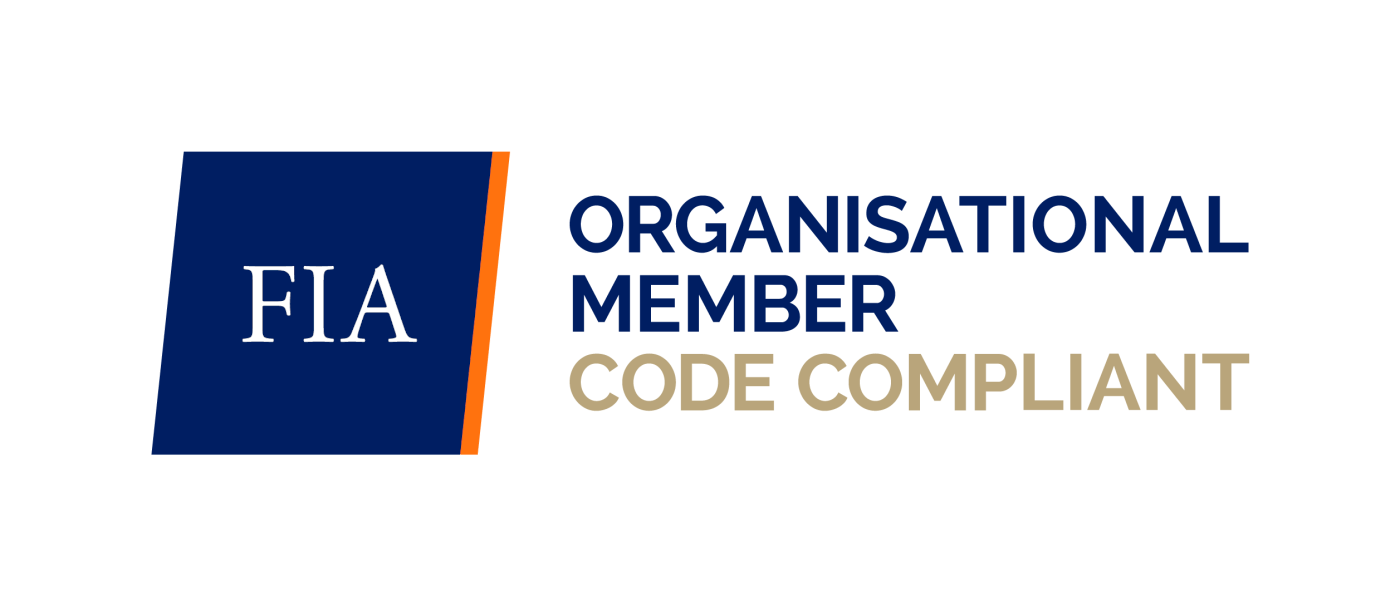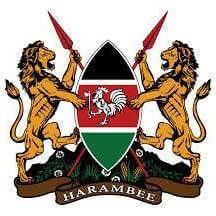
It has been a long time coming after many hurdles, pandemics and life changes but we are so thrilled to be ready to share our beautiful Rafiki Mwema with you and to introduce you to everyone involved with all that we do. Thank you to Karly Nimmo who has produced this for us at a hugely discounted rate and has been by our side every step of the way patiently guiding us as we go. Make sure you follow her on instagram to be entertained 🥰
Thank you to our beautiful ambassador, Stella Mwangi, for allowing us to use her incredible song, Makele on our Podcast. She continues to be an inspiration to our children and we can’t wait for her to come back and visit us at Doyle Farm.



We hope that you enjoy The Rafiki Way. Please subscribe and leave a review so others might sign up and learn about the work we do also.
In this episode we begin to pull the curtain back on the charity that is Rafiki Mwema.
Transcript
Hey there.
Welcome to the Rafiki way.
My name is Karly Nimmo.
I’m a podcast producer and the host of a number of number one apple podcast over the years, including Carlos Afi’s make some noise and keeping good company.
I’m also a huge long-term supporter of Rafiki Mwema.
I’ve been there since the beginning and have watched this charity expand and evolve over the last decade and a bit.
I’ve known Sarah Rosborg, the founder of Rafiki Mwema for just as long as we both live in the northern rivers and we’re both very active in our community.
In fact, Sarah was a guest on my show seven years ago.
So, in 2015 we spoke about her dedication to this organization and a bit about her fascinating personal story.
So, when Sarah reached out to me to ask if I’d like to be involved in creating a podcast for Rafiki, it was a no brainer.
Of course, I want to be involved in this.
It’s been a long time in the making and over the next couple of months or eight episodes to be exact.
We’re going to take a deep dive into our favourite charity Rafiki Mwema.
We’ll explore what Rafiki do their ethos and the way they work with their Children and their community, the various programs, and projects they run.
We’ll meet the partners, collaborators and ambassadors who help Rafiki reach new audiences and the people behind the charity doing all day to day things that are involved in the running of Rafiki and you’ll learn the various ways you can get involved and support this wonderful organization before we dig in.
This isn’t all fun and games.
A big trigger warning on this podcast and be sure to have the tissues handy.
The reason this content can be so triggering is the very reason the charity is so important.
We’re dealing with Children who have experienced the most horrific start to life.
It’s unthinkable, but very much a reality for these Children, rape abuse, abandonment in Children as young as babies.
So, while some of this might be hard to hear and you may find yourself feeling helpless.
It’s all the more reason to get involved when Children experience trauma early in their lives.
Their brains are altered.
Rafiki is work is to remove the shame they experience and return them to the experience of innocence to reboot the safety and love they feel in relation to the outside world.
So they can grow up to be balanced loving adults, thereby breaking the cycle of abuse With your help and support.
We can change the future for these Children together.
So let’s hear from founder Sarah Rosberg with a little introduction to the charity that is Rafiki Mwema, how they started and why they exist.
Rafiki memo was established initially to support girls who had suffered huge and unimaginable sexual abuse in Nakuru where were based, there were no homes that would take these Children after they suffered the abuse prior to them going to the court case to prosecute their rapists.
So these Children were being placed in a remand centre after their abuse happened, right up until their court date and that could be two or three months in a remand centre.
It’s just like a prison really for Children.
So further abuse would happen.
This was ridiculous for this to be happening to these Children.
So a small rental house called Rafiki Mama was opened and Rafiki translated from Swahili to English is a loyal friend and that is exactly what we plan to be for these little girls.
And after many years of fundraising and commitment and love sweat and plenty of tears.
We have now a 14 acre farm in Kenya, which we call Doyle Farm.
We’re lucky enough to have six houses on this farm.
Four of the houses are for our boys and girls, one house is our special needs house.
This is for our special need Children who are with us who are unable to return into their community due to their special needs and we’ll go into that further.
And one of the homes is a small house that’s next to our small girl’s house, which is called Malkia Mtoto which translates to a small angel.
And this is a transition house for when new girls arrive on the farm and it’s just too much for them to go straight into the small girls house.
So it’s kind of a slow transition house to let them integrate in with the rest of the small girls after their arrival.
We also have built a small school on our farm, which we call grocery Rafiki.
This school is for the small girls that live on our farm who are in current court cases, they are unable to leave our compound because their lives will be at risk, they’ll be at risk of being murdered by their perpetrators.
So they, we try to keep the routine as best we can for them to get up and go to school and keep things as normal as we can, which is how we came up with the idea to build the Syria Rafiki school after witnessing one too many times of our poor Children having to testify against these monsters in the courthouses in Kenya, we successfully advocated and installed the first video link in Kenya, this was one of the most exciting things we had ever done.
This video link enables these Children to be in a safe room away from their rapist because in Kenya, the perpetrators are able to directly question these Children in court, which is terrifying and it violates them all over again.
And of course, in most of the cases, we’ve seen these Children were too terrified to speak up against them because they’re right in their faces, just violating them over and over again with the video link that we installed, they’re able to testify, just looking into a video camera in a safe room without being attacked or threatened by the perpetrator.
They are able to have one of our staff members by their side which makes them feel safe and really helps them along with their testimony.
We’ve successfully installed two video links into two separate courthouses in Kenya and these, these video links are available not just for our girls to use but for the wider community who also needs to be protected from these monsters.
The main aim at Rafiki is of course for our Children to return to their home and that is if their home is a safe place and if it’s not, we will do all we can with our outreach team to help find another safe family member or someone in their community who they can return to connection to Kenyan life is the most important thing and it’s always at the forefront of everything that we do.
We don’t believe that kids belong in homes or orphanages and you know, we do everything we can to return our Children to a safe home within their community.
From the very moment that a child comes to Rafiki mama, our outreach staff work really hard with the child’s family or with their community to prepare for the return of the child.
You know, after we help them through the trauma that they’ve suffered of course if the child’s family is unknown, which is really, really common, they will work really hard to trace their family.
So we can connect them to their community on our farm.
We therapeutically care for our Children while they are with us.
And then our outreach team also takes each child on home visits when they’re with us.
And on top of that we also visit their guardians or you know, family members, community members alone in the lead up to their return home just to check that everything is safe and the, you know, the people are safe and the environment is safe that they will return to.
And of course once the child has returned home to their family or community, our outreach team also does spot checks to make sure the child remains safe in their care.
So our outreach team is, it’s a huge job that they have and they’re working seven days a week around the clock.
They’re they’re amazing.
And when our outreach team working with our Children working on the step down program to send them back home or to the community, they were noticing that a lot of the Children had loving homes to return to.
But because the level of poverty that the families were living in this was the only thing that was making the home unsafe for these Children to return to.
And that’s where the idea of Rafiki social came from a social enterprise project to assist those in need, whether it’s a child of ours who has turned 18 and they’re ready to leave us or whether it’s a family member of one of our Children who needs to return home.
We wanted to give these families or Children the opportunities that so many of us around the world have, but we take for granted, you know, giving them the opportunity to support themselves and their family so they can live without worry about, you know, where the next meal is coming from or if they can pay for school fees.
So Rafiki Social is a very new project that we’ve started, but a really exciting one that’s allowing us to get more Children to go back home to their loving family that are waiting for them.
On top of this, we also run a feeding program in our town in Nakuru.
We call this feeding program Rafiki Mtaani which translates to a friend on the street, which is exactly what we are to them.
They know this started before Covid came along and changed our world after our Children who lived with us on the farm.
They were worried for the Children who lived in town or their brothers and sisters.
As they said, our Children gave up their Sundays on the farm to cook food and delivered this with the help of our aunties and uncles to town to the kids every single Sunday and hundreds of kids came from everywhere and our Children and staff with feet.
But of course when Covid hit, they shut down the main city of Nakuru and there was a curfew in place.
So this meant that these Children that were living on the streets had no one in town to beg from and there was no food left in the bins because no restaurants were open and there was no one in town where they could beg from.
So this meant that these kids were literally starving to death.
So we reached out to our supporters and to see if we could get a little bit of a kick start to support these kids so we could feed them each day over COVID and that has carried on until now.
We hire to local businesses to cook enough food for these Children.
We feed 90 Children each and every day and our staff members turn up to be with these kids as well and not only do we just give them a meal every day, we are starting to do education day.
So we have a white board and each child has an exercise book and we’re trying to teach them to read and write one day as we do football one day we do beating one day, we do painting, we’ve started to do therapy with them as they are willing to and when they want to talk to us.
But the most exciting part is they’ve started to open up to us and explain that how they came to the streets and a lot of them are wanting to go home, they ran away from home because they were hungry, you know, they were literally starving and they were running away to town to get food and because they’re so little, they don’t know how to get home.
The stories are heartbreaking, but that’s what our, a lot of our Rafiki Mtaani staff are in town every day working with these Children.
And you know, this program has grown in ways.
We never imagined the cost of running the Rafiki programs are huge.
You know, there’s so many costs involved with our family, just like your family.
But you can imagine having 70 Children on the farm and many, many who have left us into our outreach along with the feeding program or Rafiki Mahtani and Rafiki Social.
The cost are huge.
You know, there’s water bills and food bills, gas bills, electricity, education costs, clothing costs, costs, transport for our outreach team to take the Children on their visits.
Medical costs for the Children with us and the Children are in town and you know, especially the Children that come to us with horrific injuries and those medical bills are ongoing.
There’s costs to run our vehicles which have huge wear and tear from the condition of the roads in our area.
If you’ve been to Kenya or Africa, you’ll, you’ll understand what the roads are like here, The safety of our Children is also everything to us and we need to make sure that they are safe on our farm.
So we have eight German shepherd dogs who are terrifying.
And that’s exactly what we need them to be because we do not want anyone entering our farm.
We have three Masai guards who are just as terrifying unless you know them.
And then they are the sweetest men you have ever met.
We have an electric fence around the perimeter of our farm as well.
So that keeps our Children with us safe.
We have 46 local staff that work with Rafiki Mwema and we pay all of their wages, we pay for their medical insurances as well as the insurances of our Children.
Our farm is 14 acres as I’ve mentioned.
So there are costs to maintain the grounds of these farms.
We also have a produce farm that grows enough food to feed all of our houses and a lot of people in our community as well when they need it.
But you know, we require staff to work on that farm and deal with those crops and any other costs.
Of course that comes with keeping this going.
Our house is on Doyle farm, they house up to 70 Children and over the years we’ve had many Children return home.
So you can imagine the cost of living in the cost of having a family, we all know how much that cost.
So you can imagine what things cost for us on the ground in Kenya with the amount of Children and stuff that we have.
But the work that we do is so important and we will keep fighting and we will keep telling the world how important these Children are.
They won’t be silenced and we won’t be silenced because you know, I won’t stay silent and I hope that you will join me in being part of something that’s making a real change.
So that’s a little overview of Rafiki and its roots.
Now, let’s explore a little of the direction they’re headed.
So it’s clear that Rafiki Mwema is a small not for profit with a huge mission through the work that Rafiki does to heal and restore Children who are survivors of abuse.
The entrenched cultural stigma in Kenya that’s associated with sexual assault is slowly changing its Rafiki Mwema’s mission to change hearts and minds by building rapport and trust with families, schools, villages and government officials to break this cycle of abuse, Rafiki becomes part of the community over time and nurtures a shared hope for the well being of every Rafiki child Rafiki aims to create a world for Children in which families provide safety, stability and emotional security.
Early intervention keeps vulnerable Children safe.
Communities refuse to stay silent.
The cycle of generational trauma and abuse comes to an end.
Children are able to trust love and play and be kids.
A legal and social system, supports the rights of Children and achieves justice for them to achieve all of this Rafiki has set some very specific goals for the years ahead to ensure they can grow even more effectively and impactful e and provide the best holistic care possible.
So, these goals include providing quality professional employee development to continually enhance staff skills and expertise, support staff financially to gain additional qualifications in order to grow one of Kenya’s most expert teams in child protection and trauma informed care, empower Rafiki Mamas, Kenyan team to become one of Kenya’s most highly regarded not for profits through employee development, improving the organizational structure and employing an exceptional Ceo to lead the organization, develop a program that provides support for young adults who have left formal care with Rafiki so they can successfully transition to independent life.
Build on the success of the feeding program by incorporating new services that provide education and vocational training to help Children escape life on the street, improve the quality of education at Jasiri Rafiki school by equipping the teaching staff with a wide range of teaching resources and educational material and up skilling staff in contemporary teaching methods and growing the outreach team to be able to support the growing number of Rafiki Children who have returned to a safe loving home in their communities.
The foundation to these goals is financial sustainability.
So that Rafiki is budget isn’t stretched to the limit every month with financial security Rafiki.
Um we will be able to confidently plan for the future and invest more in their services to better meet the needs of the Children they’re here for.
We hope this gives you a little insight into the charity that is Rafiki mama, why their work is so important and where they’re headed.
But this is just the beginning.
There is so much more to this charity to explore.
And in our next episode we’re going to dig further into all the different services and arms of Rafiki because there’s a lot to this charity and there’s a lot they do for their kids and the wider community.
In the meantime, please subscribe or follow the podcast now so that as episodes are released, they’ll show up in your podcast app of choice and you won’t miss a thing.
We’d also love your help to help us spread the word.
So tell your friends and share us in your socials and be sure to tag us at @rafikicastle on instagram.
Welcome to the Rafiki Way.





